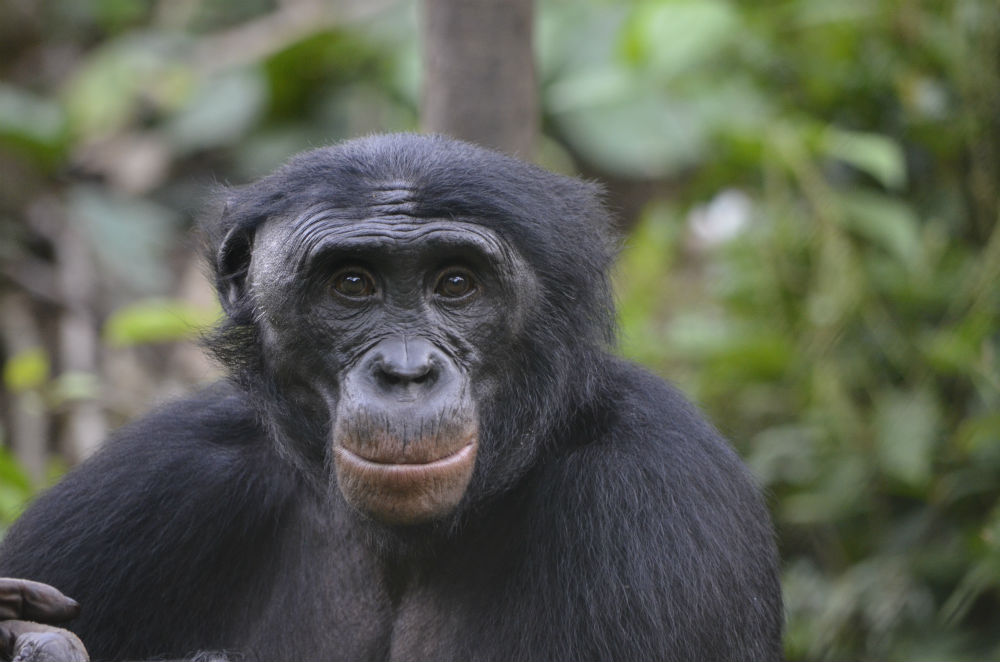Apes understand what others see and believe, a skill previously believed to be unique to humans, according to new research from the University of St Andrews.
An international team of researchers, including Dr Christopher Krupenye and Dr Josep Call from the University of St Andrews with Dr Fumihiro Kano and colleagues from the Kyoto University in Japan, studied apes to see if they, like humans, possess a theory of mind – the ability to attribute mental states, like desires and beliefs, to oneself and others.
Now there is evidence that apes can also project their inner experiences to understand others’ states of mind.
This study, published today (Monday 30 September) in PNAS, challenges a long-standing hypothesis that apes can only respond to cues of others’ behaviour (for example gaze direction) rather than truly understanding what others can see and believe.

Dr Christopher Krupenye of the School of Psychology and Neuroscience at the University of St Andrews said: “This is an important advance in our effort to determine how richly our closest relatives can understand others’ perspectives.
The researchers showed videos of a human being dressed as a gorilla hiding objects behind an unusual barrier from a human actor, to chimpanzees, bonobos and orangutans (our closest living relatives) and noninvasively tracked their eye-movements to see if the apes understood how others see the world when the viewpoint differs from their own.
Before watching the video, apes experienced the same unusual barrier in real life as either opaque or translucent. The key finding of the study is that how the apes experienced the barrier themselves is how they expected the actor to experience it – so if they experienced the barrier as opaque, they expected the actor to behave as though he hadn’t seen through it either and if they experienced the barrier as translucent they anticipated that the actor would also be able to see through it.
The study showed that apes can successfully predict that an actor will search for an object where he has last seen it (and believes it to be), even if the apes know that it is no longer there (it was removed while the actor was behind the barrier). But importantly, apes relied on their own self-experience with the barrier to determine whether the actor had seen the removal of the object.
Dr Josep Call said: “This study suggests that apes consult their own past perceptual experience to understand the actor’s perspective and predict his subsequent actions.”
Dr Fumihiro Kano added: “Our findings suggest that humans are not the only animals who can see ‘mind’ in another.”